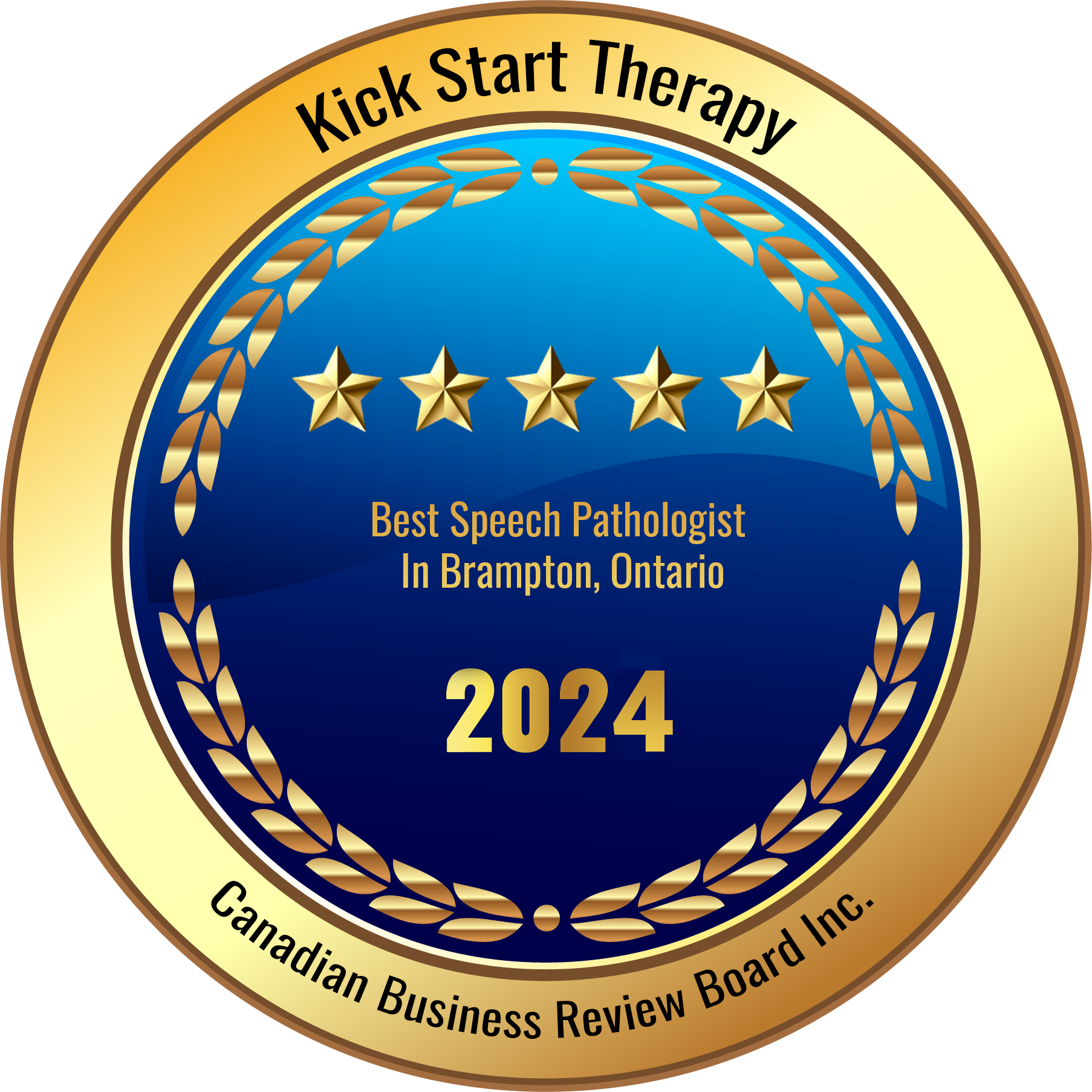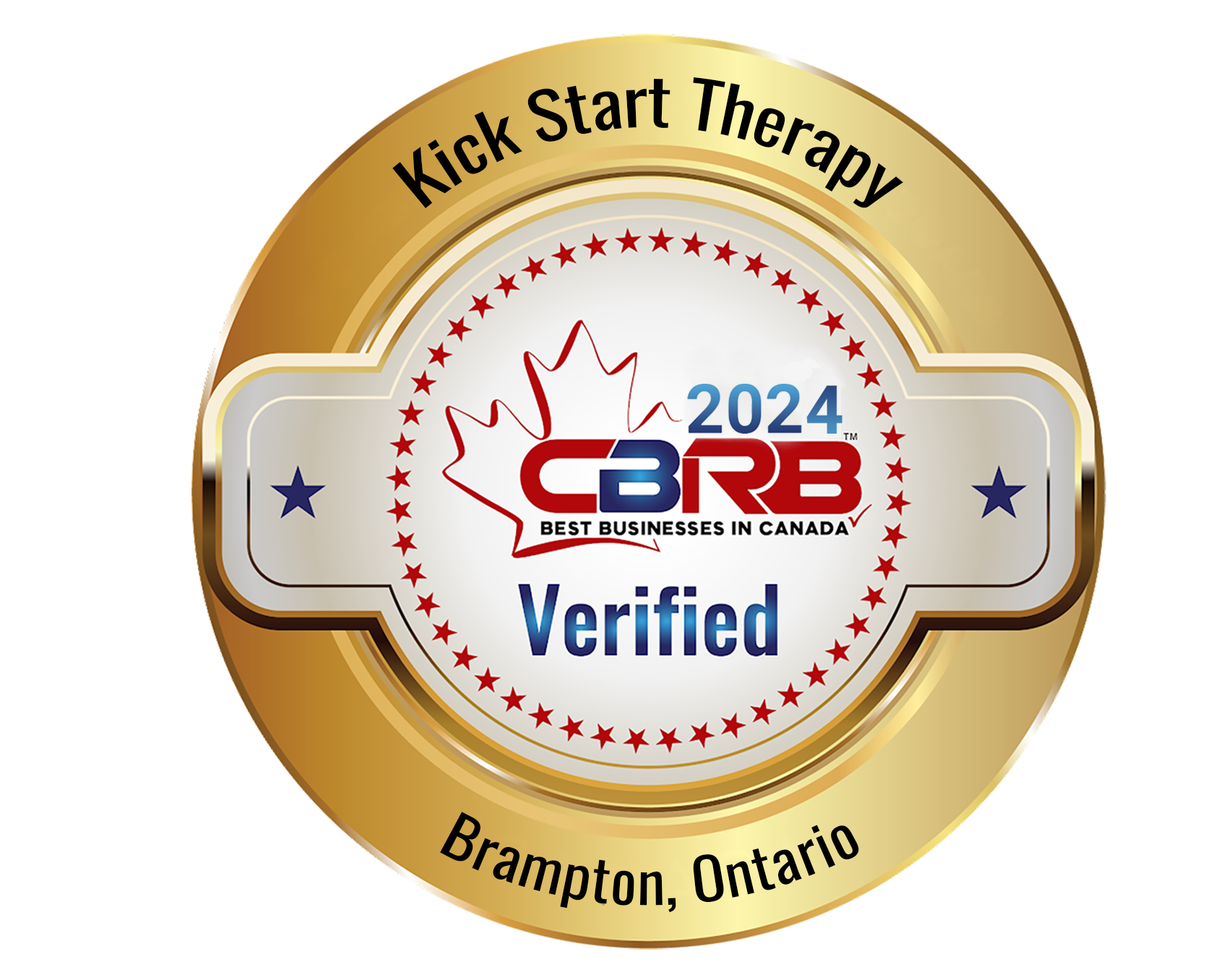
Speech Therapy is an essential service for many children and adults who does struggle with communication disorders. However, the success of Speech Therapy doesn't rest solely on the shoulders of Speech-Language Pathologists (SLPs). It requires a collaborative effort involving SLPs, parents, and educators. This teamwork is crucial in creating a supportive environment that fosters progress and development in individuals receiving Speech Therapy.
The Role of Speech-Language Pathologists
SLPs are the cornerstone of speech therapy. They are trained professionals who have proper training to assess, diagnose, and treat communication disorders. Their expertise allows them to develop tailored therapy plans that address every unique need of each individual. However, for these plans to be truly effective, they need the support and involvement of others.
The Vital Role of Parents
Parents play an indispensable role in the speech therapy process. They are the primary caregivers and spend the most time with their children. This constant presence allows parents to reinforce the techniques and strategies learned during therapy sessions in everyday situations. Here are ways parents can contribute:
- Consistent Practice: Regular practice is key to progress in speech therapy. Parents can incorporate exercises and activities recommended by the Speech-Language Pathologists (SLP) into daily routines, ensuring that their child is continually working on their skills.
- Positive Reinforcement: Encouragement and praise from parents can boost a child's confidence and motivation. Celebrating small victories helps to keep the child engaged and make them willing to work on challenging tasks.
- Communication: Open communication with the SLP is vital. Parents should provide feedback on what strategies are working and any challenges their child is facing. This information helps the SLP to adjust therapy plans as needed.
The Impact of Educators
Educators are also critical in supporting speech therapy. They interact with children in a structured environment where communication skills are constantly being utilized and tested. Educators can support speech therapy in the following ways:
- Implementing Strategies in the Classroom: Teachers can integrate speech therapy techniques into classroom activities. This integration helps children practice their skills in a natural setting, promoting generalization of those skills.
- Creating a Supportive Environment: Educators can foster an inclusive classroom environment encouraging all students to participate and communicate. This positive atmosphere can reduce anxiety and increase a child's willingness to use new skills.
- Monitoring Progress: Teachers can provide valuable insights into a child's progress by observing how they use communication skills in the classroom. They can share these observations with the SLP and parents, helping to track improvements and identify areas that need more attention.
The Power of Teamwork
When SLPs, parents, and educators work together, the benefits of speech therapy are maximized. Collaboration ensures that the child is receiving consistent support across all environments—home, school, and therapy sessions. Here’s why teamwork is so powerful:
- Consistency: Consistency is crucial in speech therapy. When everyone involved is using the same techniques and strategies, the child receives clear and consistent messages, which helps in quicker skill acquisition.
- Holistic Approach: A collaborative approach considers the child’s needs in different contexts. This comprehensive understanding helps in creating more effective and practical therapy plans.
- Increased Motivation: When children see that their parents, teachers, and therapists are all working together to support them, they often feel more motivated to engage in therapy. This unified support system can boost their confidence and willingness to practice their skills.
- Problem-Solving:Collaboration allows for better problem-solving. If a particular strategy isn’t working, the team can brainstorm and find alternative approaches. Such adaptability is crucial for addressing the unique challenges that each child may face.
Tips for Effective Collaboration
To make collaboration work smoothly, consider the following tips:
- Regular Meetings: Schedule regular meetings between the SLP, parents, and educators to discuss progress, challenges, and strategies.
- Open Communication: Foster open and honest communication. Everyone should feel comfortable sharing their observations, concerns, and suggestions.
- Training and Resources: Provide training and giving necessary resources to parents and educators on speech therapy techniques. This support equips them with the knowledge and skills needed to effectively assist the child.
- Flexibility: One should be flexible and willing to adapt strategies as needed. We know that every child is different, and to be honest what works for one may not work for another.
Bottom Line
When Speech Language Pathologists (SLPs), parents, and educators join forces, they create a powerful support network that significantly enhances the effectiveness of speech therapy. This teamwork ensures that children receive the consistent, comprehensive, and compassionate care they need to thrive in their communication skills. By working together, we can definitely make a lasting impact on the lives of those in need of speech therapy, helping them to communicate more effectively and confidently.







